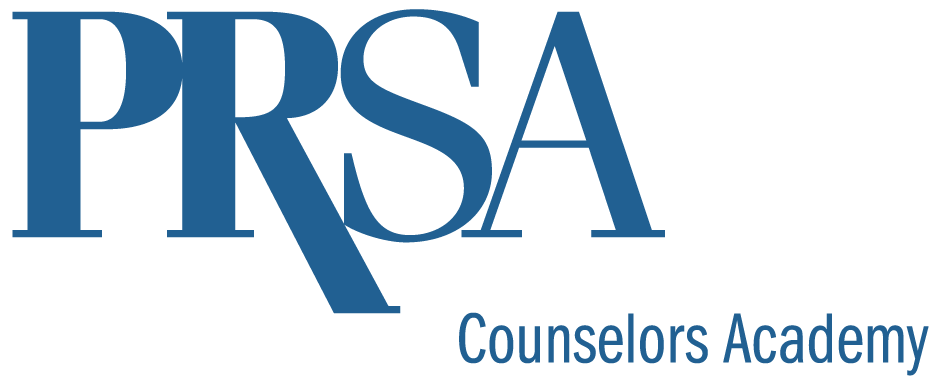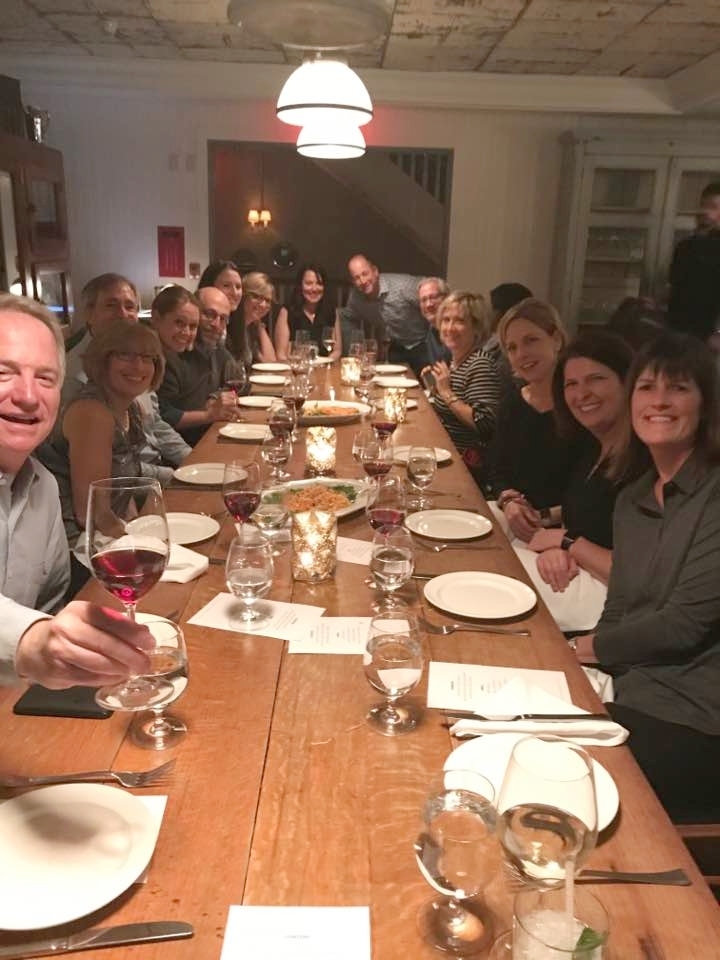In 2018, Adweek reported that Influencer marketing is predicted to be a 10 billion dollar industry by the year 2020. Realizing that there was no trade organization devoted to the ethics of influencer marketing, CAPRSA member, Danica Kombol, CEO of Everywhere Agency joined forces with some of the earliest industry pioneers in to launch the Influencer Marketing Association.
The goal of the organization is to set industry benchmarks, establish best practices and protect the ethics of influencer marketing. In launching the organization, Kombol says, “We convened some of the best and the brightest industry pros from brands to agency to help inform the direction of the organization. There’s tremendous growth in the influencer industry, but marketers are still at odds about how to source influencers, measure effectively and follow ethics around disclosure.”
Kombol
The nonprofit is currently overseen by a board of directors from companies including Weber Shandwick, 360PR+, Hunter PR, Best Buy and Unilever. The organization is open to membership by agencies and brands and will offer both the resources and tools needed to practice effectively and ethically.
Kombol, who’s been practicing in the influencer marketing space for over 10 years says of the organization, “We’re focused on the human-centric nature of influencer marketing. At its core, influencer marketing is word of mouth marketing. Bots, pods, influencer fraud have no place there. I’m honored to join forces with the industry titans to help set guidelines and inform all agency and brand practitioners. Influencer marketing is an exciting industry that gives the power to consumers to tell the stories of brands they love.”
More information on the Influencer Marketing Association can be found here.
Exclusive Holmes Report article on the organization here.
To become a member of the Influencer Marketing Association, click here.



![2019 Silver Anvil judging [prsa]](https://images.squarespace-cdn.com/content/v1/57ed75f9893fc0fe72aa0f2e/1566235849924-30HDSTMZ1XVAGFKJPYIH/anvil_judges.jpg)
![[destination madison]](https://images.squarespace-cdn.com/content/v1/57ed75f9893fc0fe72aa0f2e/1566236860896-VUO9DS7IMJJAPYOEC20K/lowe-art.jpg)




